Chessable Scientist Karel van Delft Honored as ‘Chess Educator of the Year’
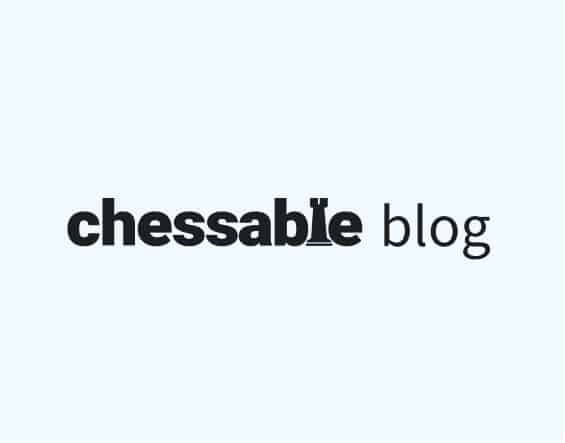
It’s the bedrock of all chess play, yet it often goes underappreciated amid the glory of dramatic tournaments and online blitz streaming: chess education. But each year, the University of Texas at Dallas takes time to honor the extraordinary members of the chess community who contribute to the royal game in this most fundamental and […]
How to Become a Chess Grandmaster (in 11 Steps)

TL;DR on how to become a Grandmaster: 3 Grandmaster norms and a FIDE rating of 2500+ qualifies you for a Grandmaster (with some exceptions). A GM norm is achieved with a 2600-rated performance in a tournament with at least 9 rounds, where at least 50 percent are titled players. Learning openings, middlegames, and endgames is […]
On Caffeine and Chess

I bet many of you enjoy a good cup of coffee or energy drink while playing chess. A drink that wakes you up and makes you more alert – what could be a more natural ally to a chess player? I’ve long thought so. But I’m beginning to change my mind. Let me tell you […]
Chess Science in the Making
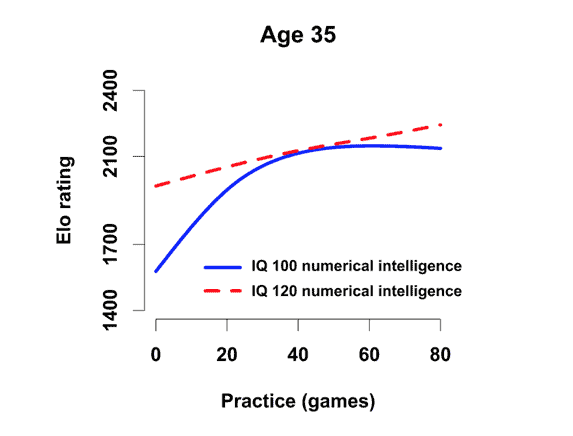
Chess Science in the Making We have a treat in store for Chessable users interested in the science of chess development, in the form of a post by three of the most distinguished international researchers in the field of chess and expertise. Merim Bilalic, Roland Grabner, and Nemanja Vaci provide a succinct and nuanced summary […]
Which Beautiful Game, Exactly?
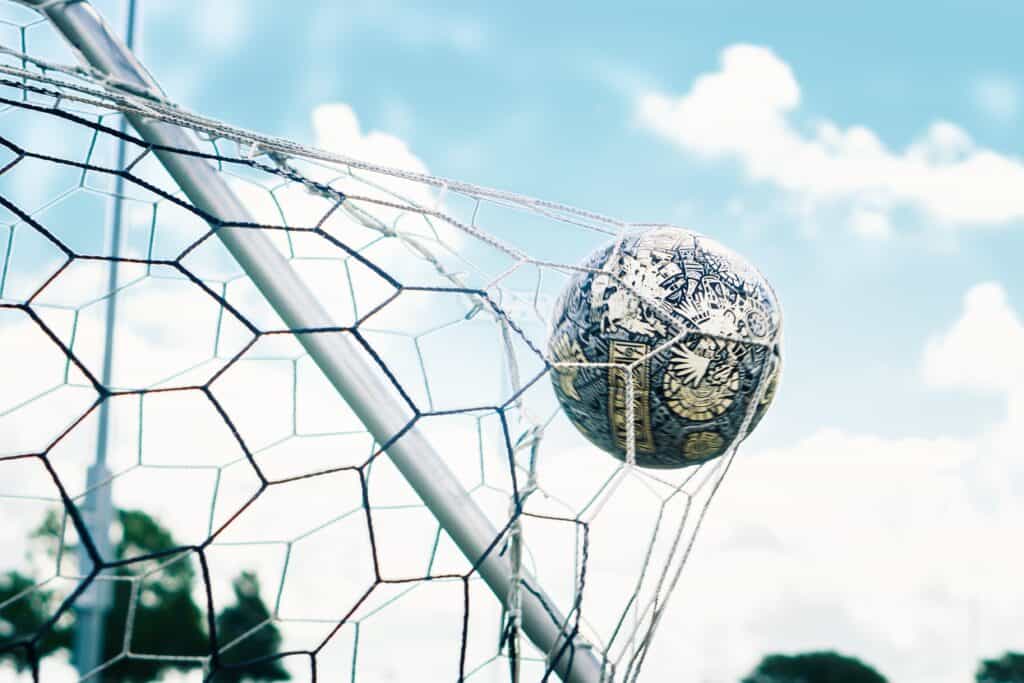
Which Beautiful Game, Exactly? At the time of writing this post, every participating country in the UEFA European Football Championships has played at least one group game, though the ultimate destination of this tournament’s title is known only to clairvoyant crabs, cats or pigs, or to Geller (that’s Uri, not Efim Petrovich, who is watching […]
The Aging Chess Player – Revisited
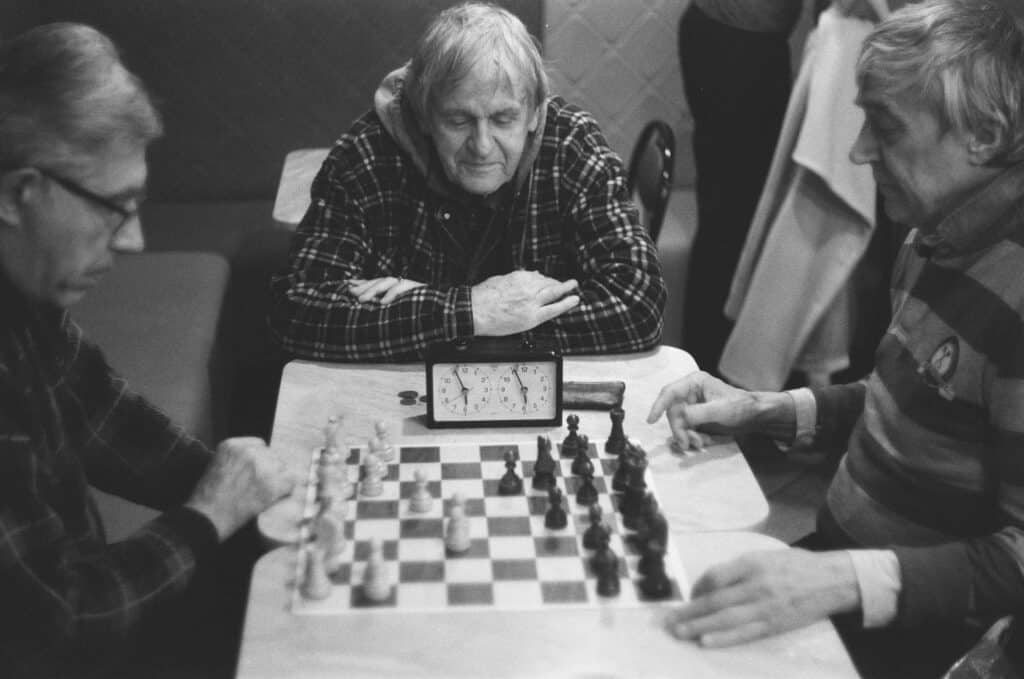
The Aging Chess Player – Revisited If emailed feedback from Chessable users is a reasonable proxy for interest, then my post on chess and aging from a few months ago hit the spot more directly than any other of my science blog posts so far. I was fascinated by the personal stories contained in these […]
Introducing Karel van Delft
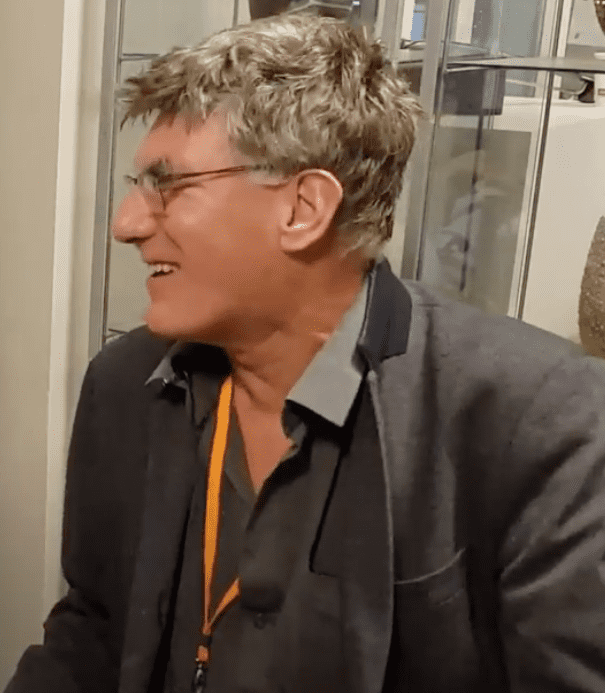
Introducing Karel van Delft – Our New Science Project Manager We are delighted to welcome Karel to the fast-expanding Chessable team, having courted his expertise for some time. Karel will be known to many chessplayers across the world for his longstanding passion for chess science, and for his remarkable networking skills – few chessplayers can match his ‘social […]
How to Inoculate Yourself Against Mistakes

We return to the subject of chess and science today, with a guest post by Nate Solon on How to Inoculate Yourself Against Mistakes. Inoculations are certainly in fashion at the moment, but can we take preventative measures against chess mistakes? How to Inoculate Yourself Against Mistakes There’s a saying that generals are always preparing to fight the […]
El pensamiento en movimiento: por qué vale la pena pensar en tu forma de pensar

Tu lectura de fin de semana está aquí, ya que presentamos una nueva publicación de blog del profesor Barry Hymer, el Jefe de Ciencia de Chessable. En la publicación de hoy, el profesor Hymer revela uno de sus mayores arrepentimientos antes de hablar de varios asuntos como por qué debemos privilegiar el proceso sobre el […]
Thinking Moves: Why It’s Worth Thinking About Your Thinking

Your weekend reading is here, as we present a new blog post by Professor Barry Hymer, the Chief of Science for Chessable. In today’s post, Professor Hymer reveals one of his greatest regrets before discussing various matters such as why we should privilege process over product, the complexity of chess and the importance of making good moves. Are you ready to start thinking […]
The Science of Learning

Professor Barry Hymer, already known to our readers for his excellent and popular Science-related blog posts, is now the Chief of Science for Chessable. To commemorate this news, Professor Hymer has produced a White Paper for Chessable on The Science of Learning, which can be viewed, downloaded and shared from here and also from our dedicated Chessable Science […]
Impatient to Improve? That Could Be The Problem

Impatient to improve? We all know the feeling. Your weekend reading is here, as we return to the fascinating world of science with a new post by Professor Barry Hymer, our Chessable Science Consultant. Paying attention to our diet is similar to the art of finding time to study endgames. They are both things we know we should do, […]
